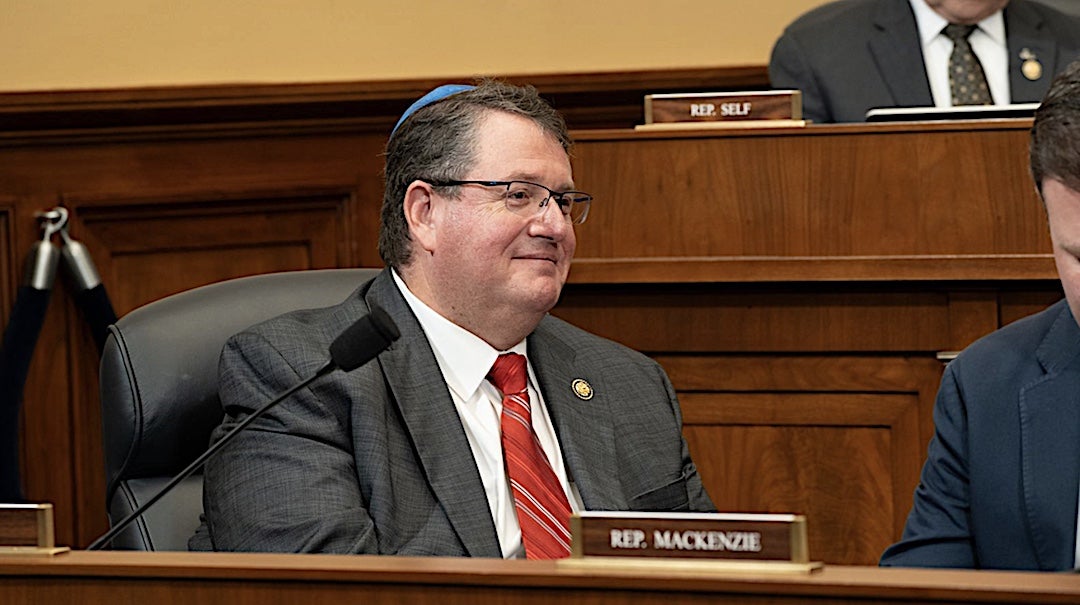Israel Military Aid Package Hit Snags Amid Policy Disagreements With U.S.

Image by Getty Images
Negotiations meant to enshrine U.S. defense aid for Israel over the next decade have snagged on disputes about the size, scope and fine print of a new multibillion-dollar package, officials say.
Five months into the talks, several U.S. and Israeli officials disclosed details about the disputes to Reuters on condition of anonymity. The U.S. and Israeli governments said negotiations were continuing, declining to elaborate.
Israel is seeking up to $10 billion more than the current 10-year package and billions more than the U.S. administration is offering, partly by asking for guaranteed funding for missile defense projects hitherto funded on an ad hoc basis by the U.S. Congress, the officials said.
President Barack Obama wants to ensure the funds, thus far spent partly on Israeli arms, are eventually spent entirely on U.S.-made weapons.
The differences partly reflect Israeli Prime Minister Benjamin Netanyahu’s vocal opposition to the international nuclear deal with Iran championed by Obama. The two sides are also at loggerheads over the Palestinians.
Israel has long been a major recipient of U.S. aid, most in the form of military assistance against a backdrop of an ebbing and flowing conflict with the Palestinians and Israel’s neighbors, as well as threats from Iran. Obama has pushed hard for a resolution to the conflict, but has made little headway.
In seeking a sharp increase in military funding, Israel argues it needs to offset military purchases by Iran, Israel’s regional arch-foe, after it secured sanctions relief in the accord limiting its nuclear program.
Israel also wants the U.S. administration to support missile defense projects that have so far relied on ad hoc assistance by the U.S. Congress, citing arms acquisitions by neighboring Arab states as well as Iran as conflicts rage in Syria and Yemen.
Obama’s administration, which has fraught relations with Netanyahu, is offering what it says is a record sum to Israel to assuage fears expressed both there and among his Republican rivals at home that the deal with Iran will endanger Israel.
But the officials say it is less money than Israel has sought overall and Obama also wants changes to allow U.S. defense firms to reap greater benefits from a new deal.
If unresolved before Obama leaves office in January, the impasse could deny him a chance to burnish his legacy with the aid package to Washington’s closest Middle East ally. That would also leave Netanyahu to await the next U.S. president in hopes of securing a better deal.
$10 BILLION MORE
The current Memorandum of Understanding (MOU), signed in 2007 and due to expire in 2018, gave Israel a total of about $30 billion, or an average of $3 billion annually, in so-called “Foreign Military Financing.”
The Israelis, whose annual defense budget is $15 billion, want at least $3.7 billion annually under the same rubric in the new MOU, officials say.
Israel also wants guaranteed missile defense aid built into the MOU for the first time, which could mean hundreds of millions of dollars more per year, bringing the full package to more than $40 billion over the next decade.
U.S. negotiators have proposed a total of between $3.5 billion and $3.7 billion in annual aid to Israel, but it was not clear if this included any money for missile defense.
The Obama administration has balked at Israel’s request to stipulate a separate funding track in the MOU for missile defense projects, one official said. It was not known how much Israel had proposed under the missile defense clause.
Israel wants the missile defense component to be “viewed as the ‘floor’ amount, as Congress can be asked for more on an ad hoc basis if circumstances require,” said one official.
U.S. lawmakers have in recent years given Israel up to $600 million in annual discretionary funds for missile defense, well beyond the $150 million requested by the Obama administration.
Palestinian rocket salvoes in the Gaza wars of 2008-9, 2012 and 2014 helped Israel drum up American sympathy and support for its anti-missile systems, Iron Dome, Arrow and David’s Sling.
More than four-fifths of the U.S. Senate signed a letter last week urging Obama to conclude an increased 10-year aid package.
“These discussions are continuing and we remain hopeful we can reach agreement on a new MOU that will build on the United States’ historic and enduring commitment to Israel’s security,” a White House official said in response to a Reuters request for confirmation of the latest negotiating terms.
The official declined to comment directly on the terms.
The current MOU allows Israel to spend 26.3 percent of the U.S. funds on its own defense industries. The United States wants to phase this provision out gradually so that all of the money is spent on American military products, the sources said.
Israel wants to keep the provision in place, or only partly reduced, they said. It fears a devastating blow to Israeli arms firms that glean some $800 million a year from the current MOU.
In another move to shore up its own defense industries, the United States wants to end a provision allowing Israel to spend around $400 million in annual MOU funds on military fuels.
One official paraphrased Washington’s message to Israel as: “We want (you) to be spending this money on actual security, on weapons systems, ways to make you safer.”—Reuters















